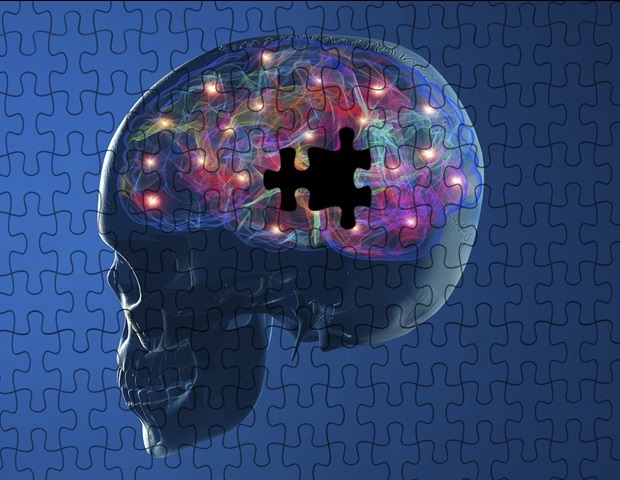In the present times, the lives of children often revolve around screen exposure. But is it healthy? A recent study says, it’s a strict no-no. According to the study led by Dr Eero A Haapala from University of Jyväskylä, a child’s screen exposure is directly related to stress and depressive symptoms in their teenage.
Also read | New research shows reducing screen time drastically improves your child's mental wellbeing in just 2 weeks As more children report experiencing depressive symptoms at an early age, it is time for parents to rethink the amount of screen access that they provide to their children. The study tracked children from elementary school into adolescence to understand the ill-effects of unlimited device access on their mental health. Findings of the study The study was conducted on 187 Finnish children over eight years, from ages 6-9 into their mid-teens.

Their physical activity, screen time, sleep patterns, and eating habits were tracked regularly. Upon reaching adolescence (average age 15.8), their mental health was assessed to measure symptoms of stress and depression.
The results were shocking. The researchers observed that teenagers who were exposed to more screen during their early years, showed more signs of stress and depression. Adolescents who spent five hours daily on screens, with over two hours on mobile devices during their childhood are easier prey to stress and depression.
Also read | Screen time dilemma decoded: New study explores risks and benefits of digital engagement in children; what expert says Physical activity and mental health The effects of physical activity in children were observed to have significant positive effects on their mental health. Children exposed to physical activity, especially sports or structured exercise programs, showed more signs of better mental outcomes. However, the effect was observed to be gendered.
Physical activity was seen to have better mental outcomes in boys than in girls. Diet and sleep While diet quality and sleep routine are important lifestyle factors, they didn’t have much effect on the mental health of teenagers. Physical activity and screen exposure were observed to have more direct and stronger impact on their mental health.
Also read | Screen time and children: When to introduce it and how much is appropriate Note to readers: This article is for informational purposes only and not a substitute for professional medical advice. Always seek the advice of your doctor with any questions about a medical condition..
Health

Planning to buy a phone for your child? Study says, hold it off: Know the ill-effects of screen on teenage mental health

The study observed how more screen exposure in childhood can lead to stress and depressive symptoms in teenage.















